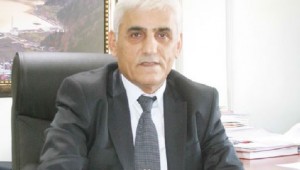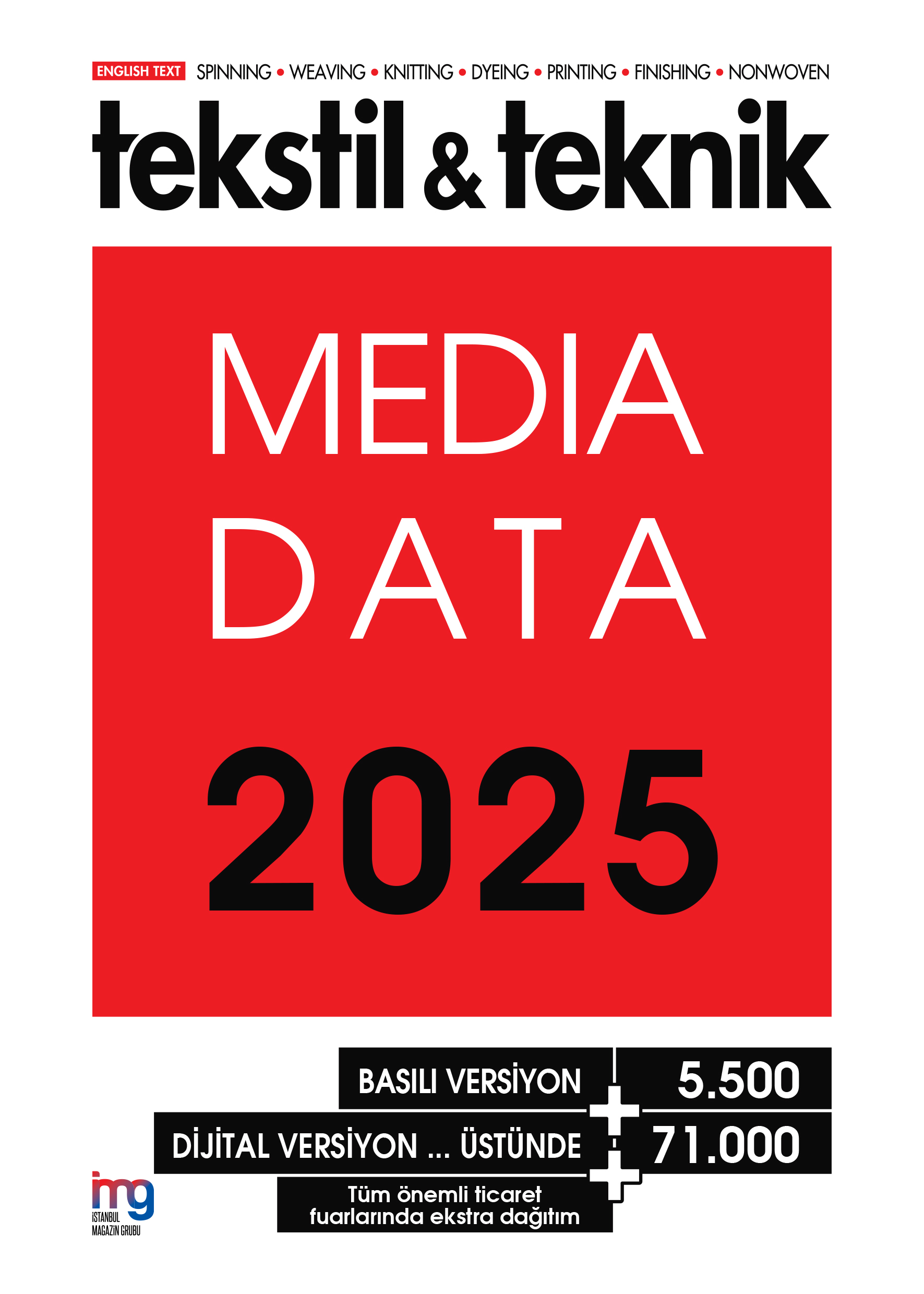 How do you evaluate 2013 performance of Turkish economy and what are your anticipations for 2014?
How do you evaluate 2013 performance of Turkish economy and what are your anticipations for 2014?
“As Turkish textile manufacturers, I think that 2014 will be a tough year for Turkey. Each year makes us long for the previous year. Turkish investors make rapid investments excitedly according to supply and demand without making any feasibility study or increase the capacity. The investments made without carrying out a preliminary examination causes surplus capacity. The existing production becomes unbalanced and some enterprises are closed down or go under bankruptcy adjournment. The industrialists make investments thinking that this year will be a good year but don’t feel the need to economic and politic reasons of these things. Turkish textile industry depends on the exports made to world countries. The state of neighboring countries which get into financial straits and are in civil war is the determinative side of national economy. Because of these, our export rate of 152 million dollars in 2012 appears to be at the same level with 2013. On this opportunity, I offer everyone to have their head screwed on the right way and carry out the works according to it.”
Where does the sector stand as economic structure?
“The textile sector has fulfilled its duties more than enough about the investments and payment balances at the point where it comes. Of course, the new investors might have debts but I believe that all the companies are able to make their payments easily. Most of our investors are experienced and have enough experiences. The economy is contingent upon right and false moves of policies. If we have a right foreign trade policy with the world, there will not be any problem. We hope that the companies who provide employment in this country don’t suffer from the false policies. Of course, Turkey and textile sector have to have the power for competition with world companies to grow and develop and to make investments. Therefore, we should be a country which produces its own brands. I think that our economic potential can be better in this way.”
What should be done and which roadmaps should be followed for the sector to serve better?“We should attach importance to what happens in the world, R&D and innovation studies. Today, the textile sector in Istanbul places a great emphasis on supply and demand, fashion and designs. There is Istanbul, a city which can produce different fabrics. Just as France’s Paris, Italy’s Milano, Turkey has Istanbul. The companies investing to and being ready for innovations can continue their existence lucratively. Therefore, there shouldn’t be any fear and doubt that textile might disappear in our country. We need wearing clothes as well as we need bread. We should think and work for being a country which can produce added value and create its own brands.”
Do you approve the anti-dumping duty applied for synthetic and imported intermediate goods?
“To answer this question appropriately and realistically, first of all we have to make a good analysis of why we import these goods. As these yarns manufactured in Turkey don’t have enough capacity and because of domestic industrialists who are not able to cater to supply and demand, we import these goods. Turkey doesn’t create supply and demand. Foreign purchasers and the fashion and designers abroad play a decisive role about the raw materials. When we have a look, we can see that the ones who want to prevent the entrance of intermediate goods to Turkey are yarn industrialists. The yarn industrialists put a spoke in textile, ready-made clothing and middle class knitting industrialist’s wheel by giving raises at will like price increase and demand increase to discipline our domestic industrialists. These yarn industrialists want to manage the sector and textile as they desire and carry away the bell. Our yarn industrialists operating in Turkey increase the number of factories and capacities by making billion dollars or Euro investments. They import the raw material require for production and export the product without including added value. These installed facilities cause foreign trade deficit without making much contribution to the national economy. As the president of ORSAD, my objection comes into play here. Do you have enough raw materials as yarn manufacturers? Why do you import and why don’t you prevent? Why don’t you give importance to cotton growing areas and cotton production and create new ideas? Imported machinery raises the foreign trade deficit of our country. Together with this, for the development of our industry, we will of course import the intermediate goods which aren’t manufactured in our country. Here, the duty of our industrialists is to invest for the manufacture of imported intermediate goods in Turkey.”
What are the mistakes made here and what are your solutions?
“The yarn industrialists have to think carefully about how much foreign currency input does exporting yarns manufactured of imported cotton provide to our country. We, as medium-sized enterprises and textile ready-made clothing sector, are bodies which prevent foreign currency deficit with the value added products for this country. The imported intermediate goods that we come up against are processed in our country, created added-value on them and exported again. Thus the entire sub-industrialists work, contribute to the employment and increase the tax revenue of the country. The works carried out by me until now to protect the domestic industrialists will continue as it has been. I always set against the practices being contrary to the interests of my sector and principle. Therefore, I don’t approve the duties applied for imported intermediate goods. While yarn is sold over net price in exportation, it is sold to companies like us over gross price. To top it all off, it is sold with weighted plastic and nylon. You can’t see this in imported yarn and intermediate goods. Moreover, it comes 5% cheaper compared to domestic yarns. As a representative of the sector, it is time to control our capacities well and try to establish factories manufacturing intermediate goods. Then, we can approve anti-damping practice. Domestic intermediate goods are not enough for this country. We shouldn’t only think about ourselves selfishly but should state opinions and ideas thinking about the interests of this country.”









